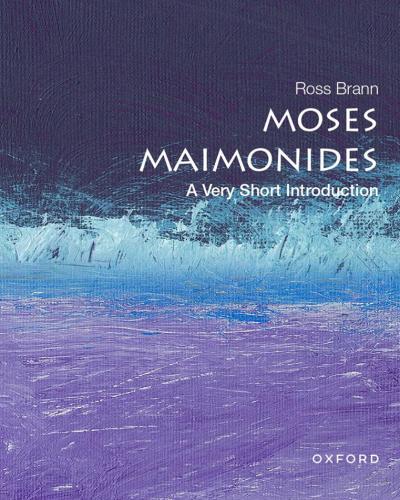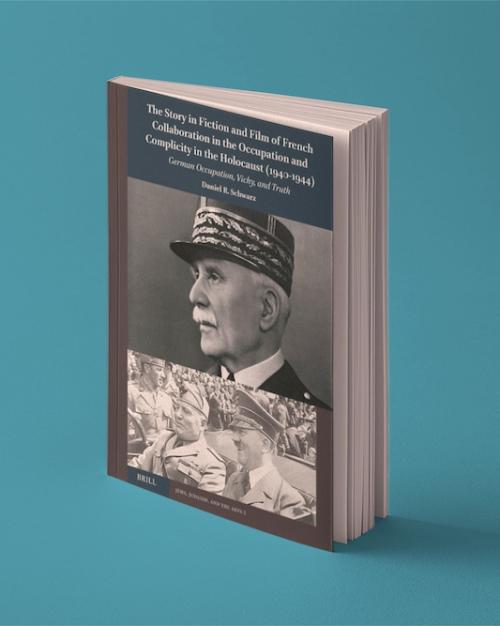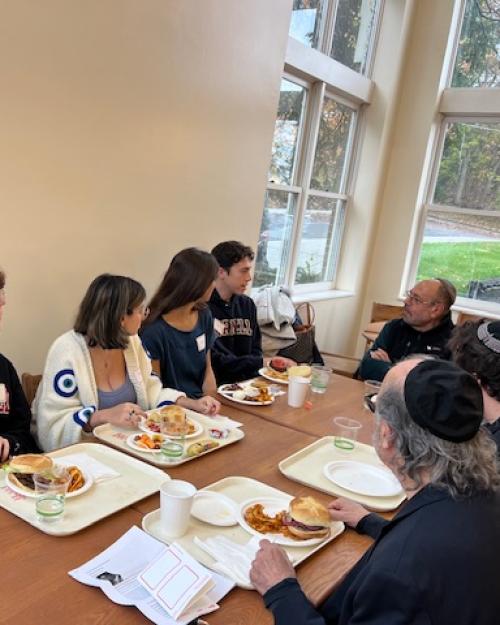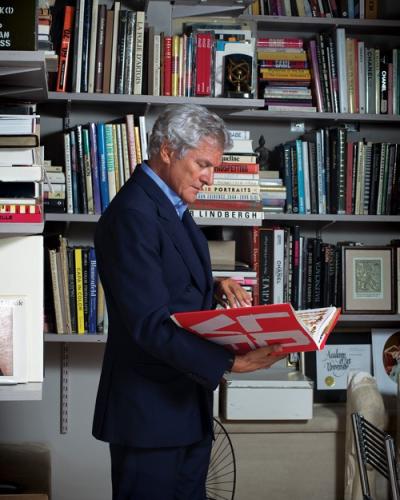IES faculty associate Kora von Wittelsbach, senior lecturer in Romance Studies, led the effort to bring the Alain Elkann Collection to the Cornell Library.
"I am proud and honored to have given a large part of my estate to the Cornell University Library - manuscripts, letters, drafts of my novels, interviews and short stories, first editions of my works, as well as the original tapes of my interviews, including those that were the basis for my long volume of conversations with Alberto Moravia," Italian writer, journalist and public intellectual Alain Elkann told us. "I hope that my manuscripts and other documents can be of help to Cornell faculty and students who conduct research in Italian literature, especially Italian Jewish literature. I am equally proud that it is my U.S. translator, Kora von Wittelsbach, someone very familiar with my work, who regularly teaches it at Cornell, both in her Romance Studies and her Jewish Studies courses."
Von Wittelsbach, who with the co-sponsorship of the Department of Romance Studies, the Jewish Studies Program, the French Studies Program and the Society for the Humanities, in the fall of 2019 organized Alain Elkann's visit and a talk at Cornell, first approached the Library about the possibility of acquiring the collection at that time. Her efforts to bring the Elkann papers to Cornell were enthusiastically supported by colleagues from Romance Studies and Jewish Studies, and by the Cornell Institute for European Studies.
"Alain Elkann's fiction is significantly informed by twentieth-century European history, especially by the experiences of Italian and French Jews, Elkann's forebears, at home and abroad. His journalistic writings, however, and the scores of interviews he has conducted with artists, political or religious figures and famous thinkers, exhibit unlimited curiosity about the richness of human endeavor," said Patrick Stevens, Curator in the Rare and Manuscript Collections and Selector for Jewish Studies.
Alain Elkann's next visit to Ithaca is planned for March 2024, to coincide with the inauguration of this collection of papers at Cornell University Library.





